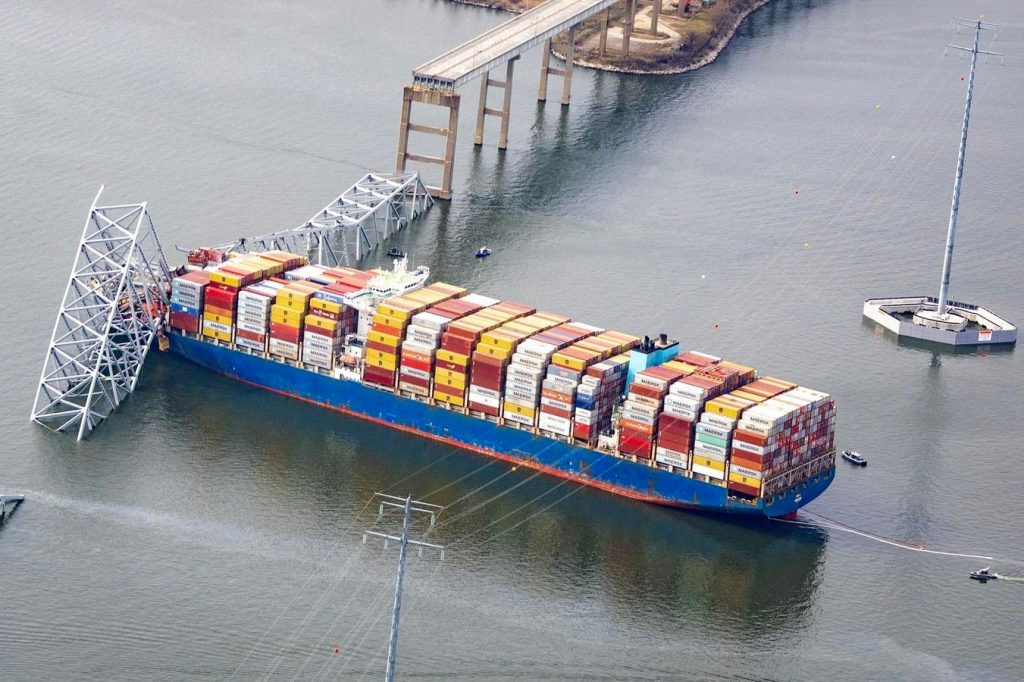The recent collapse of the Francis Scott Key Bridge into the Patapsco River on March 26 has led to a temporary halt in shipping traffic from the Port of Baltimore. This closure is expected to have minimal impact on the transportation of commonly used petroleum products, as ship tracking data indicates limited activity at the port in 2023. Baltimore imports a modest quantity of refined petroleum products, with biodiesel being the largest import. Additionally, the port handles imports of asphalt, urea ammonium nitrate, fertilizers, and chemicals.
The Port of Baltimore serves as a crucial hub for distributing urea ammonium nitrate to key agricultural regions due to its strategic location. Although other ports along the U.S. Atlantic Coast have the capacity to import asphalt, Baltimore remains a significant entry point. However, the closure of the Francis Scott Key Bridge is expected to have a larger impact on the coal markets. Baltimore is the second-largest exporting hub for coal in the United States, representing 28% of total coal exports in 2023.
Annual coal exports from the Port of Baltimore typically hover around 20 million short tons, with a notable increase in 2023 due to increased demand for U.S. coal in Asia. Steam coal, used for electric power generation, and metallurgical coal, used in steel production, are the primary types of coal exported from the port. Major destinations for U.S. steam coal include India and Europe, while metallurgical coal is primarily exported to Asian markets such as Japan, China, and South Korea.
The Port of Baltimore features two full-service terminals equipped to handle coal shipments, making it an attractive location for coal exports. Its strategic location near the northern Appalachia coal fields enhances its appeal for coal exporters. Despite the temporary halt in shipping traffic, the port’s importance in facilitating coal shipments to domestic and international markets remains significant.
While the impact of the bridge collapse on the transportation of common petroleum products is expected to be minimal, the interruption in operations at the Port of Baltimore is likely to influence coal export volumes for the year. Previous projections suggested growth in total U.S. coal exports for 2024, but the current situation at the Baltimore port may impact these forecasts. The port’s role as a vital hub for coal exports underscores the importance of addressing the bridge collapse and restoring operations as soon as possible.


